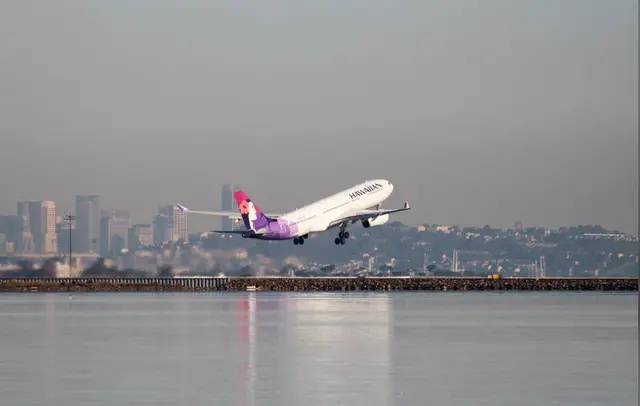Speakers at a press conference disapproved the Hong Kong government's proposal of landfill extension, saying that upgrading recycling capacity is of higher importance.
The press conference kicked off on Friday in response to the Hong Kong government’s proposition of extending landfills in two districts in the New Territories, Tuen Mun and Ta Kwu Ling.
All of the speakers who attended the conference downplayed landfill extension, andunanimously agreed that the territory should devote more to improve recycling.
Ho Kin-Chung, Dean of School of Science and Technology at the Open University of Hong Kong, said relying on landfills will by no means be the best solution to rubbish handling.
“Theoretically you can pile the trash up to the moon if you can, said Ho. “But in reality we must set a deadline on the maximum capacity for the landfills.
Citing examples from other regions, Legislative Councilor Fredrick Fung said Hong Kong is lagging behind the leading countries in waste management.
He said 22 percent and 23 percent of the total waste of the city were dealt with by land filling and incinerating respectively; only about 50 percent were successfully recycled.
“Look at Seoul and Germany. They are putting less than 10% of their garbage into their landfills, said Fung.
One of the main contributors of the territory’s rubbish was food waste. Ho said Hong Kong is creating about three thousand tons of food waste every day, butcurrentlythere are only two factories in the city, handling only about altogether 500-700 tons of them, and the rest all go to landfills.
He said the first and foremost step of recycling is the categorization of trash.
“You don’t want to make things complicated. Dividing them into dry and wet waste will be more than enough, Fung said.
As for the food waste, he said Hong Kong should look at Taipei’s success in turning waste management into business opportunities.
“The Taipei government subsidized local enterprises to set up factories for handling food wastes, which could be transformed into fertilizers,
“The enterprises enjoy discounts from leasing the lands and premises for the first six years of running the factories. After that, they pay rents at market values, fully bearing their own profits and losses, said Fung.
He added that the government should acquire the products of these enterprises, which is also a form of subsidy.
Winnie Siu, marketing manager of a company selling metal wastes overseas for refining and recycling, championed Fung.
“We want to refine metal wastes, turn them into raw materials and sell them here in Hong Kong, but we are short of capitals, Siu said.
District councilor Christine Fong emphasized that reducing rubbish or recycling is always the best solution, but incineration is still necessary.
Fong cited Singapore, which counted on its four incinerating plants to burn down its garbage.
After burning rubbish, the ashes will then be shipped to outlying Semakau Landfill, which is 30 minutes away from urban areas, in a covered barge(to prevent the ash from getting blown into the air) every night, minimizing the negative impacts to citizens in urban areas.
With careful operation, much flora and fauna are still alive and well there, such as mangrove.
Environmental protection activist Lam Chi Hung said a few islands near theborder between the city and the Chinese mainland are suitable for building incinerators such as Po Toi and Soko Islands .
 简体中文
简体中文

